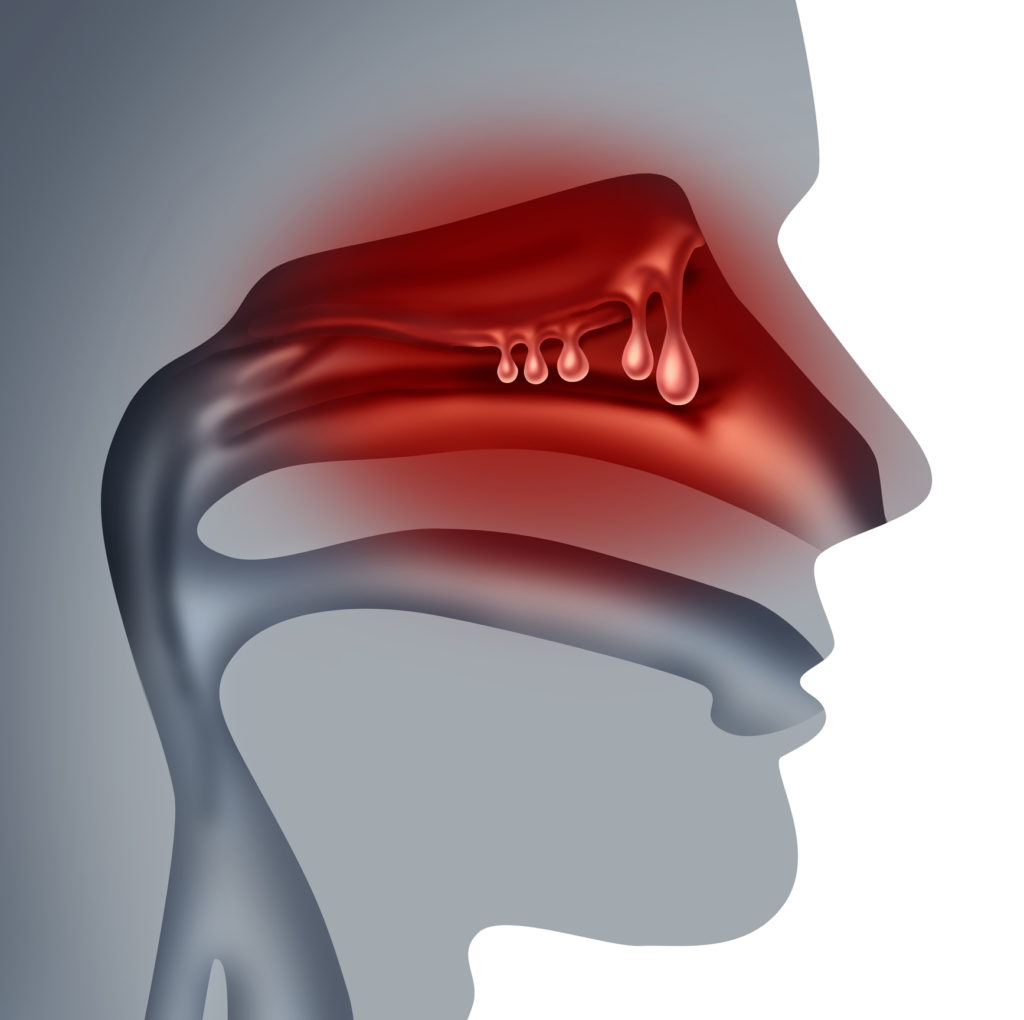
If you are a sinus sufferer like me, you wake up many mornings with your head stuffy.
I often wonder why so many mornings I wake up and I cannot breathe well. One of the reasons could possibly be nasal polyps.
Nasal polyps are growths that hang down like little grapes from the lining of your nasal passages or sinuses that are soft, painless and noncancerous.
These can come about because of chronic inflammation and can be linked to allergies, some immune disorders, asthma, frequent infections or drug sensitivity.
Anyone can have a nasal polyp, but they are more common in adults.
Nasal polyps are treated with medication to shrink or remove them, but in some instances, such as extremely large ones, surgery is necessary. Even after you’ve gotten rid of them, nasal polyps may return.
Irritation and inflammation of the lining of your nasal passages and sinuses that last longer than 12 weeks may be an indication of nasal polyps, although, not all chronic sinusitis are nasal polyps.
Symptoms
If your nasal polyps are small, you may not feel them at all, and your doctor may use a light instrument to see if they are there.
Some common indicators of nasal polyps along with chronic sinusitis are:
- Snoring
- Postnasal drip
- Loss of sense of taste
- Repeated nosebleeds
- Continual stuffiness
- Reduced sense of smell
- Regularly runny nose
- Headaches or facial pain
When To See The Doctor
If you have some of these symptoms and they last more than 10 days, it’s time for a doctor’s visit.
The symptoms of nasal polyps are similar to those of chronic sinusitis, the common cold and other upper respiratory ailments.
If you experience more severe symptoms like difficulty breathing, double or diminished vision, extreme swelling around the eyes, progressively severe headaches with elevated fever then get immediate medical care, go to the emergency room or call 911.
Researchers don’t know the causes of nasal polyps, why some people have lasting inflammation or why irritation and inflammation cause polyps in some people and not in others.

Some scientists believe that people who develop polyps may have different immune system reactions and different chemical markers in their








